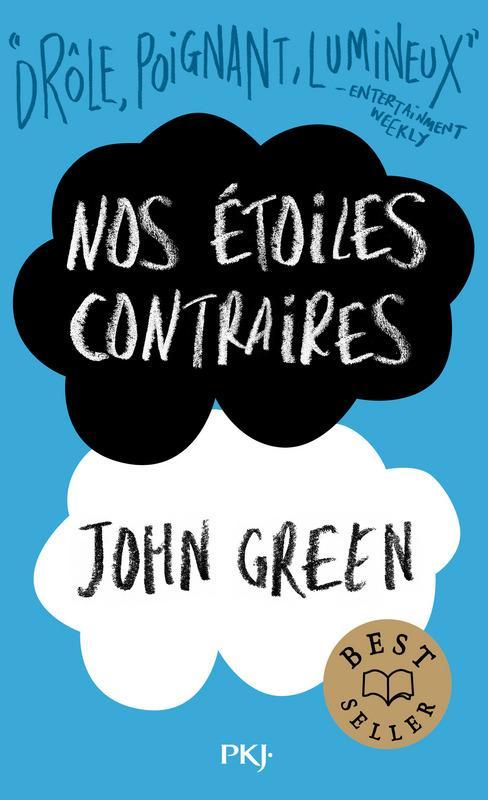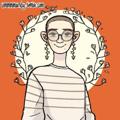Robert Fromont ha recensito The Fault in Our Stars di John Green
A reverse Romeo and Juliet that asks the biggest questions, and proposes some pretty good answers
5 stelle
@johngreen@mastodon.social's The Fault in our Stars is the story of a 16 year old girl, Hazel, riddled with terminal cancer. The novel opens with her multiple awful treatments, dependency on an oxygen tank she must take everywhere and use even while sleeping, her depression, sarcasm, loneliness.
She meets a boy at a support group, Augustus, who's lost a leg to cancer but is now cancer free. Amid shared irony, and angst, they fall slowly, then suddenly, in love, and depart on an adventure to track down the mysterious author of her favourite novel.
Any book about terminally ill children is sure to be unbearably sad, but Green's writing is so compelling that this novel will surely wring a tear from even the hardest hearted eye. (Green explicitly wants to reject the tropes of the cancer-kid genre. I'm not widely read enough to judge whether he succeeds.)
Fault in Our …
@johngreen@mastodon.social's The Fault in our Stars is the story of a 16 year old girl, Hazel, riddled with terminal cancer. The novel opens with her multiple awful treatments, dependency on an oxygen tank she must take everywhere and use even while sleeping, her depression, sarcasm, loneliness.
She meets a boy at a support group, Augustus, who's lost a leg to cancer but is now cancer free. Amid shared irony, and angst, they fall slowly, then suddenly, in love, and depart on an adventure to track down the mysterious author of her favourite novel.
Any book about terminally ill children is sure to be unbearably sad, but Green's writing is so compelling that this novel will surely wring a tear from even the hardest hearted eye. (Green explicitly wants to reject the tropes of the cancer-kid genre. I'm not widely read enough to judge whether he succeeds.)
Fault in Our Stars is cleverly a kind of reverse Romeo and Juliet, but Green has crafted a story that projects way beyond a mere teen love tragedy. Teen angst extrapolates into authentic existential angst when the teen is terminally ill, bringing into sharp focus the real problem with existence and mortality. "What's the meaning of life?" isn't a well-formulated question, but "what do I do with this life I've found myself in?" is, or better: "how do I make this life meaningful?" What does meaningful even mean? Does fame for important achievements entail meaning? Does meaning have to be public? Is being remembered by loved ones enough? What about when they die?
These questions are explicit in Hazel and Gus's banterings, but the people and places they encounter on their adventures raise related ones. If I achieve something great, and then waste the rest of my life, is it still meaningful? Can my life have meaning if I don't know it before I die? Is having a meaningful death the same as having a meaningful life?
Alas, there are many questions. Are there any definitive answers? Of course not, but there are some pretty good proposals which, in lieu of other more fantastical ones given by religion or other metaphysics, could help some of us face the yawning chasm of the void mortality confronts us with.
Green is as erudite as Borges, but with pomposity swapped out for emotional warmth. I liked this a lot, even if I'm not sure I can bear to read more of his work; I'm still recovering from the acute melancholy I underwent from "Anthropocene Reviewed" and haven't managed to steel myself yet for "Turtles all the way down".
PostScript: There's a movie adaptation of this novel. As always, movie-then-book would be the way to go.


